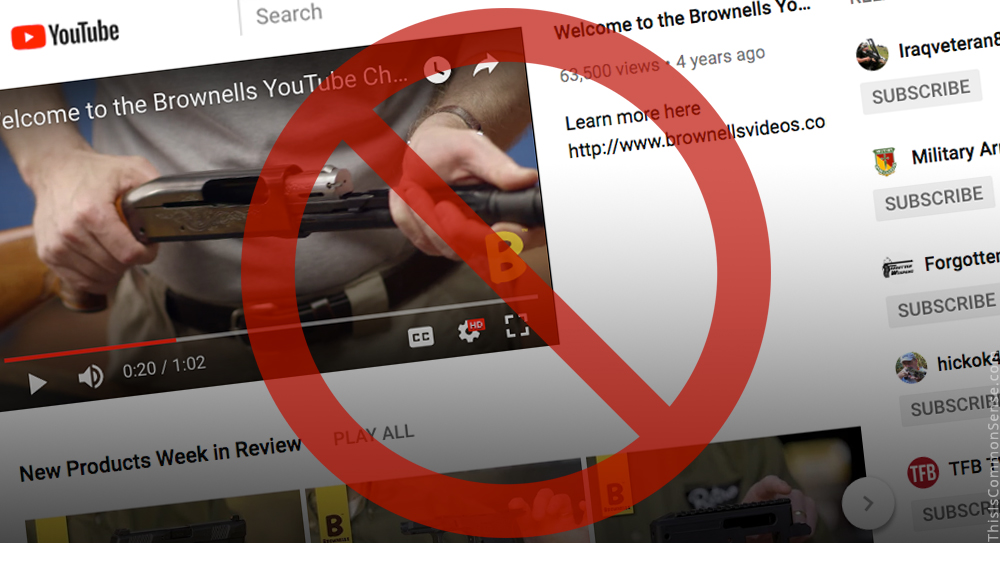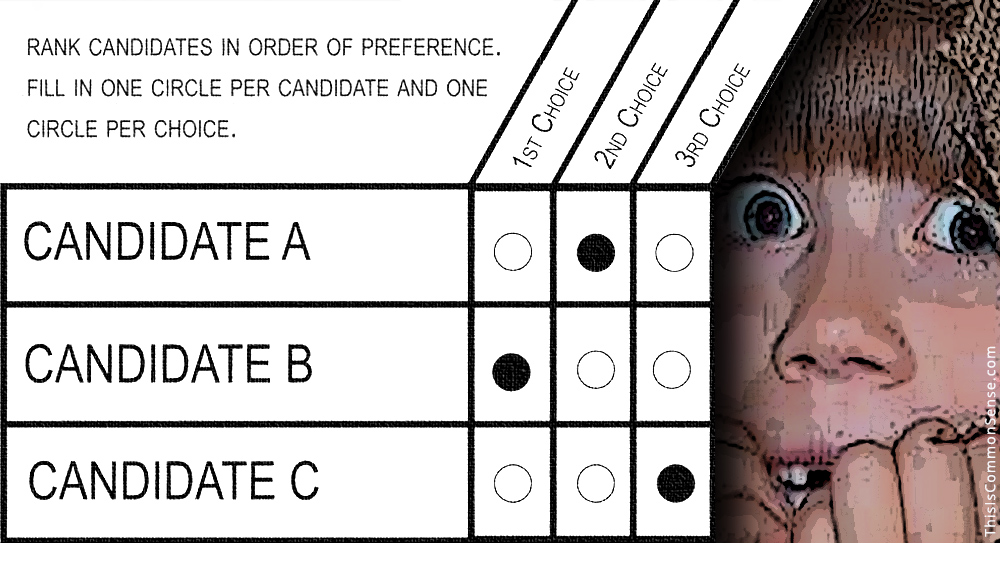Edward Snowden turns 35 today and begins another year as a fugitive stuck in Russia.
Five years ago, he fled the country to Hong Kong, meeting with The Guardian’s Glenn Greenwald and documentary filmmaker Laura Poitras to discuss documents he had released showing illegal National Security Agency collection of our phone records, social media posts and mega other metadata.
It is not merely Snowden who calls the NSA’s programs unconstitutional, or me, but how a federal judge ruled.
Remember when James Clapper, President Obama’s Director of National Intelligence, wittingly misled Congress by claiming our private information was not being swept up, except “unwittingly.” We only know that Clapper fibbed because of what Snowden divulged.
“[T]he breaking point was seeing the Director of National Intelligence, James Clapper, directly lie under oath to Congress,” Snowden has explained. “There’s no saving an intelligence community that believes it can lie to the public and the legislators who need to be able to trust it and regulate its actions.”
Clapper is free, collecting his pension. Snowden has been indicted under the Espionage Act, which unconstitutionally limits his defense.
Snowden sure has paid for his courage. He was making very good money, and living with his girlfriend in Hawaii, when he decided he had a duty to alert us to our government’s lawlessness — at the cost of his livelihood, his future, his very life, perhaps.
While our leaders call him a traitor, I call him “friend.”*
Edward Snowden is a friend of every American who cherishes our Fourth Amendment right “to be secure in [our] persons, houses, papers, and effects, against unreasonable searches and seizures.”
Freedoms the government was secretly stomping upon.
It is time to bring him home.**
Ed Snowden, thank you for your service. Happy Birthday!
This is Common Sense. I’m Paul Jacob.
* I feel a connection to Mr. Snowden, and have an inkling of what it’s like to do what you believe is right and to find yourself wanted by the government, on the run, far from home.
** Snowden deserves a presidential pardon. But he has said he would even return to face prosecution, provided the charges did not preclude him from defending his actions in open court.











